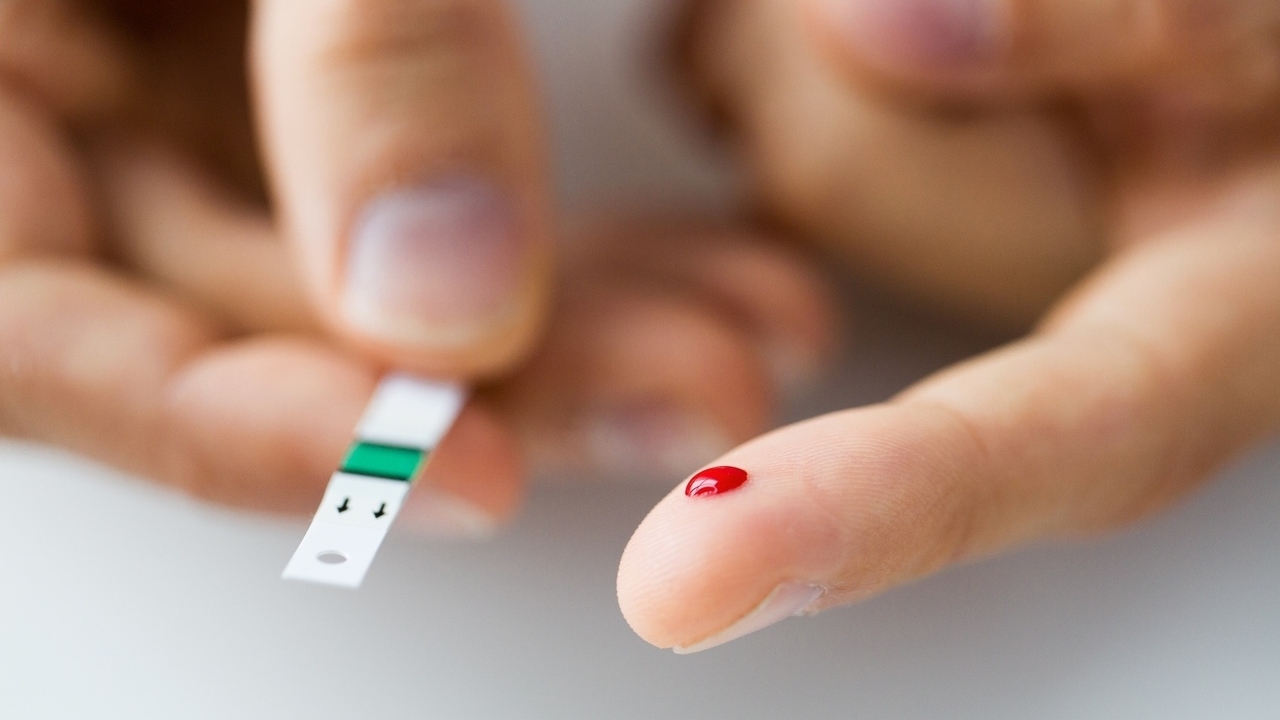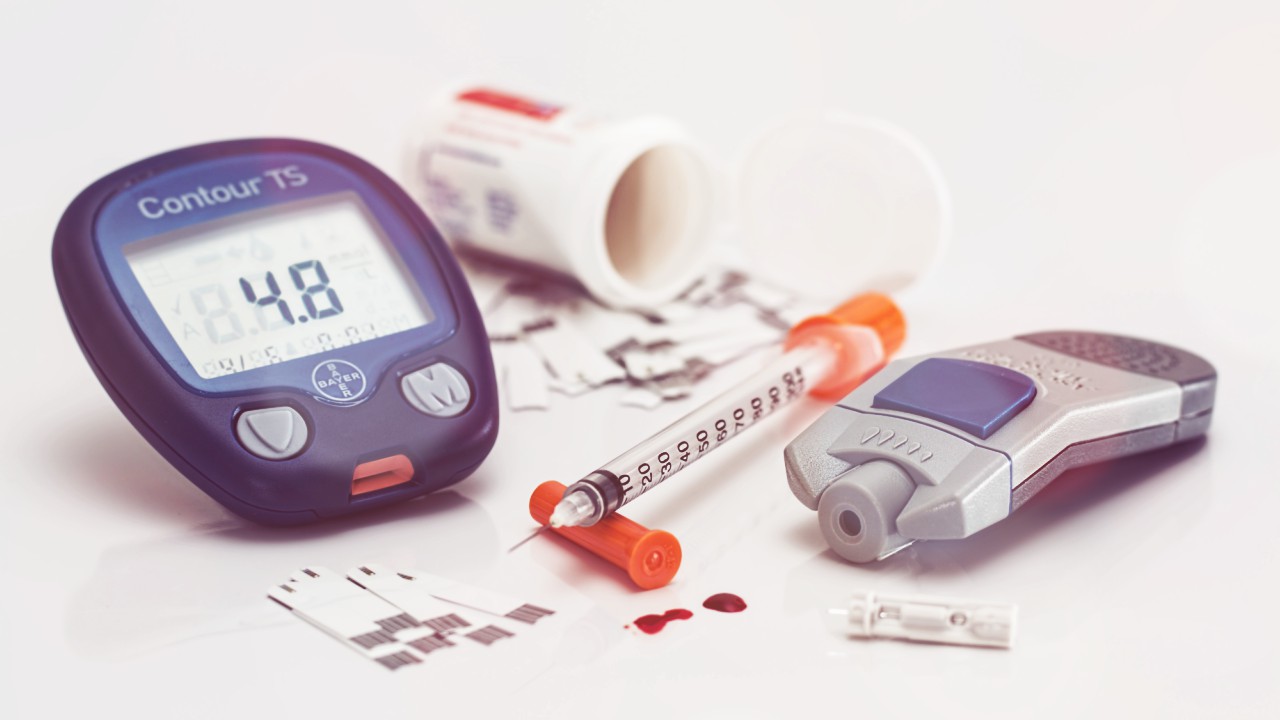 Hemera/Thinkstock
Hemera/Thinkstock
If you have diabetes, your body is not able to process sugar the way it should. Excess sugar that builds up in your blood can put you at increased risk of kidney damage that can eventually lead to kidney failure if left untreated.
Your kidneys act as filters for your body to pull waste products out of your blood. If you’ve ever brewed coffee or made tea, you know that if the holes in your filter are too big, chunks of tea or coffee grounds can leak into your drink.
There are millions of tiny blood vessels in the kidneys with tiny holes that work like a filter. In a healthy kidney, only the tiny waste particles fit through the holes. The beneficial substances, like proteins and blood cells, are too big to pass through the holes, which means they stay in the blood where they belong.
People with diabetes have more sugar in their blood than they should have. This happens either because the body is not able to produce enough insulin to get sugar out of the blood and into the cells where it needs to go, or because the cells are resistant to the work of insulin.
When the body senses that there is too much sugar in the blood, it triggers the kidneys to work harder to filter more blood. This can be hard on the filters in the kidneys and can cause the filters to start to leak, allowing protein to get out of the blood and into the urine.
When the kidneys become damaged, the condition is known as kidney disease. Kidney disease is a progressive condition that gets worse over time. In the early stages, there are no symptoms of the condition, which means it is very important to get checked for kidney disease if you have increased risks due to diabetes.
Left untreated, kidney disease can progress to kidney failure which means the kidneys stop working. Without functioning kidneys, waste products build up in the body which is eventually fatal. So if your kidneys fail, you will need dialysis to artificially clean the waste out of your blood, or a kidney transplant.
Treatments are available to slow the progression of kidney disease and prevent kidney failure. The earlier kidney disease is caught, the more effective these treatments can be.
Kidney disease is more likely to develop if blood sugar levels are not under control. If you have diabetes, talk to your healthcare provider about how you can reduce your risk of kidney disease and to find out how whether you should have your kidney functions checked.
Sources:
American Diabetes Association. Kidney Disease (Nephropathy). Web. November 6, 2012.
http://www.diabetes.org/living-with-diabetes/complications/kidney-diseas...
National Kidney Disease Education Program. For People with Diabetes or High Blood Pressure: Get Checked for Kidney Disease. Web. November 6, 2012.
http://www.nkdep.nih.gov/resources/get-checked-kidney-disease.shtml
PubMed Health. Diabetes and kidney disease. Web. November 6, 2012.
http://www.ncbi.nlm.nih.gov/pubmedhealth/PMH0001524/
Reviewed November 7, 2012
by Michele Blacksberg RN
Edited by Jody Smith





Add a CommentComments
There are no comments yet. Be the first one and get the conversation started!